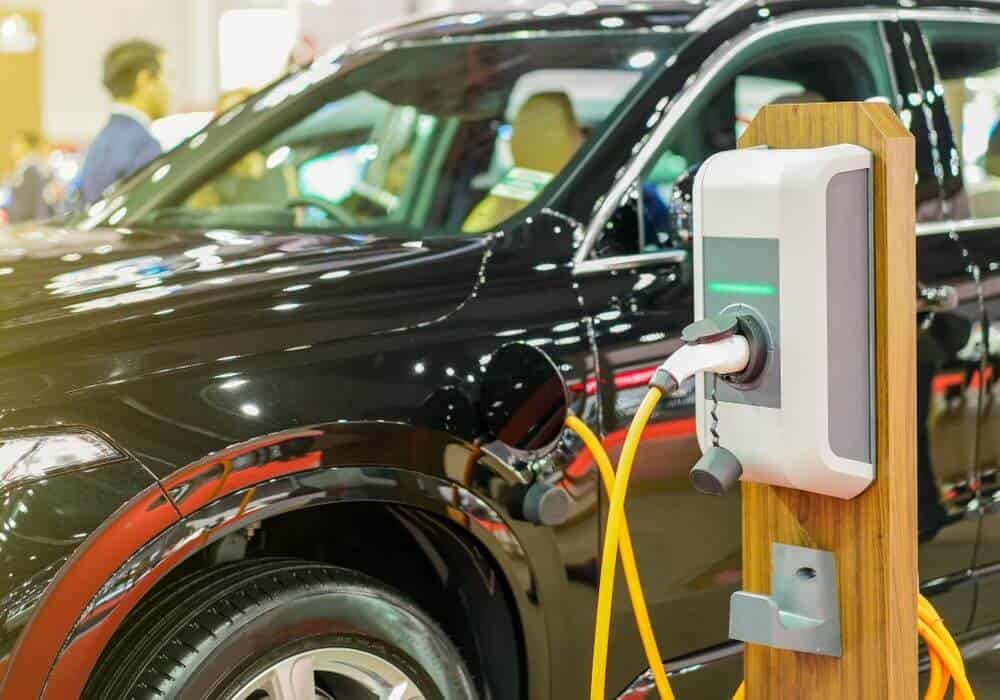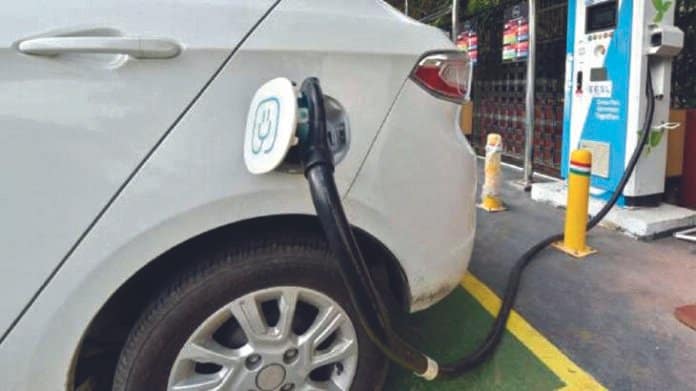China is now permitted to import electric vehicles into India according to a recently issued policy. The goal of the program is to lessen the nation’s carbon impact and encourage the use of electric vehicles. There are no limitations on the importation of automobiles from any nation, including China, under the new EV policy. If the requirements are met, the policy permits businesses to import up to 8,000 electric cars (EVs) annually. These prerequisites include starting domestic manufacturing within three years and contributing at least Rs 4,150 crore. Additionally, the enterprises must guarantee that at least 25% of the components come from domestic suppliers.
Lower Import Tax on a Selection of Electric Vehicles
If a company meets these requirements, it can import up to 8,000 electric cars (EVs) annually at a 15% lower import tariff if the vehicles are priced at $35,000 (about Rs. 29 lakh). Currently, import taxes on automobiles come in a range of 70% to 100%, depending on the vehicle’s worth in India.

The goal of the new policy is to encourage domestic EV production in India. According to the policy, businesses must start producing EVs domestically three years after importing them. Additionally, the enterprises must guarantee that at least 25% of the components come from domestic suppliers. It is anticipated that this rule will encourage domestic production and employment creation in the nation.
Promoting the Use of EVs
The adoption of EVs is anticipated to increase in India as a result of the new EV legislation. For completely constructed electric vehicles, the proposal provides tariff reductions from 100% to 15% in exchange for a minimum investment of Rs 4,150 crore and local production within three years. The policy is anticipated to increase the affordability and accessibility of EVs for Indian consumers.
An important step in encouraging the use of EVs in India is the country’s new EV policy. The program guarantees duty-free imports of fully assembled electric vehicles and permits the import of EVs from any nation, including China. Additionally, the strategy fosters domestic production and job creation. India’s carbon footprint is predicted to decrease as a result of the new EV legislation, which should make EVs more accessible and inexpensive for Indian consumers.


